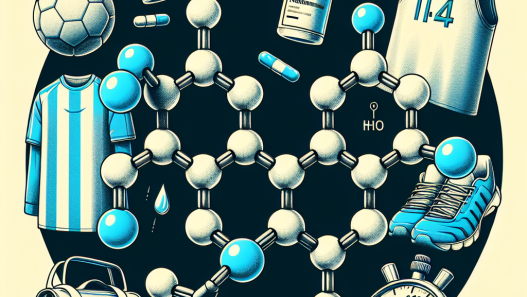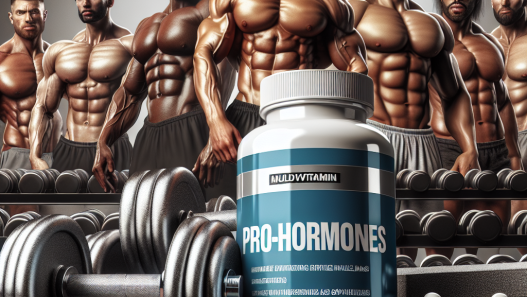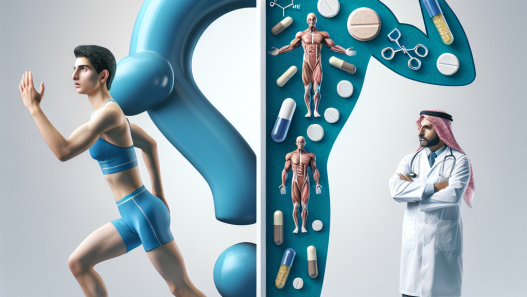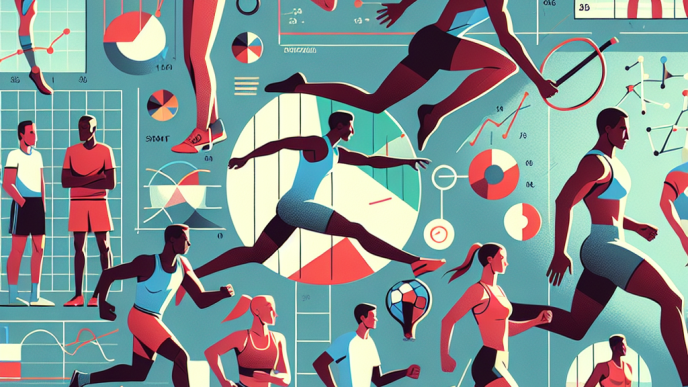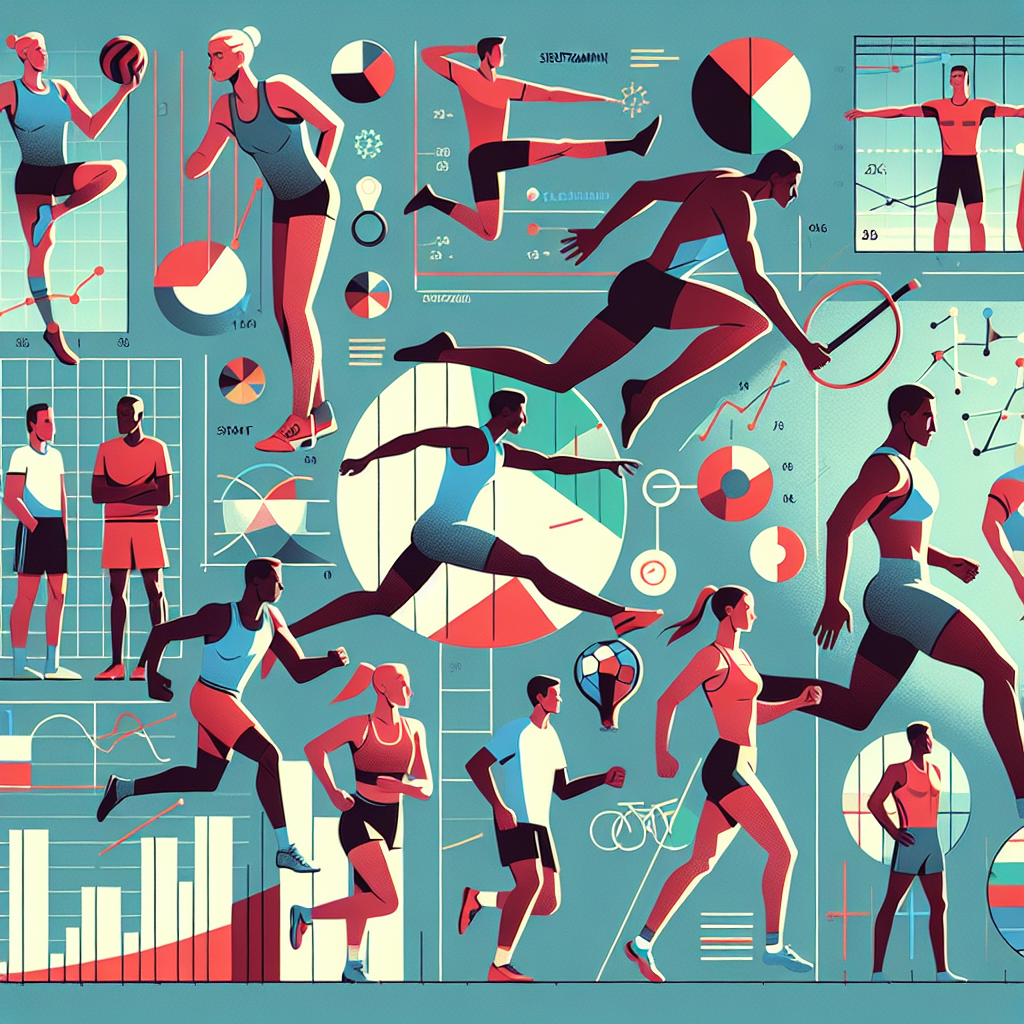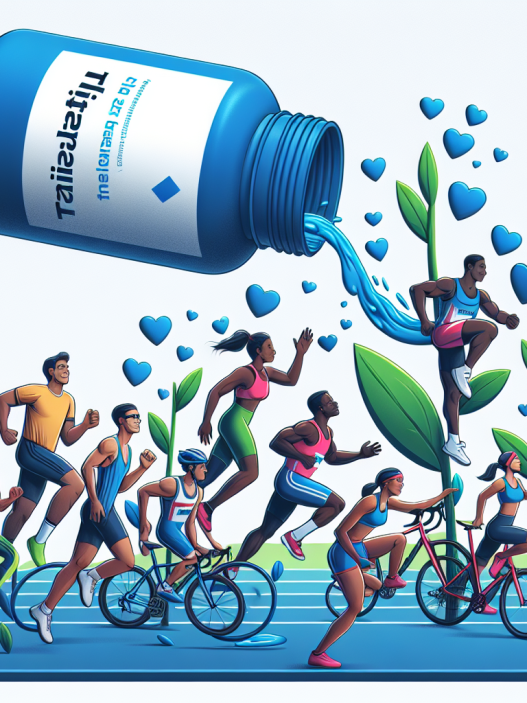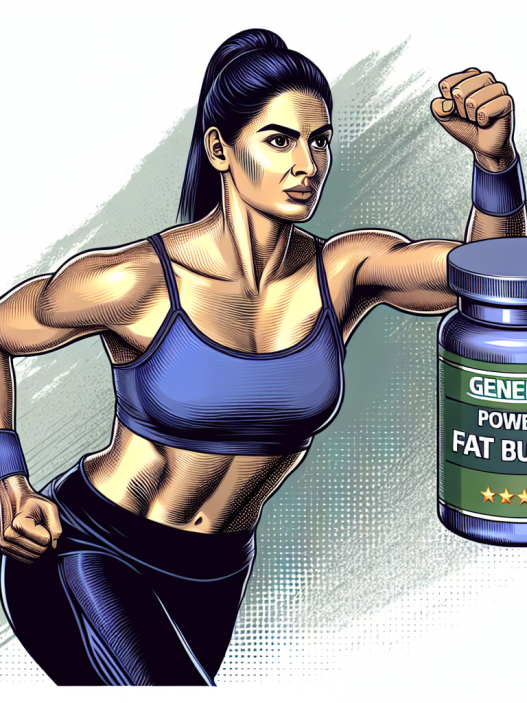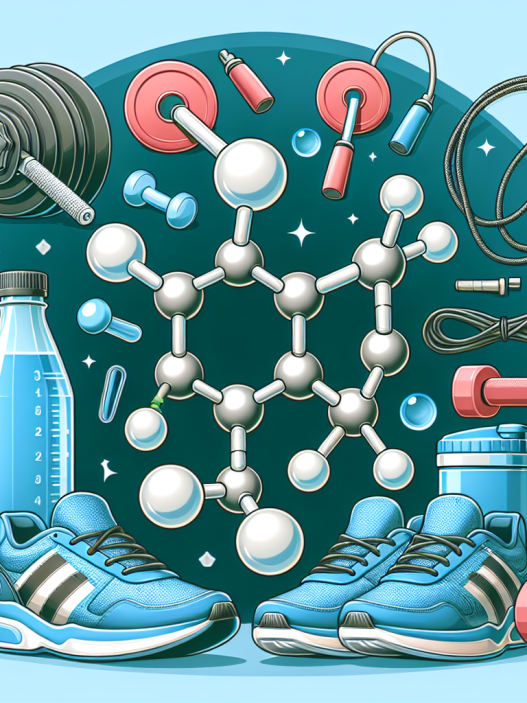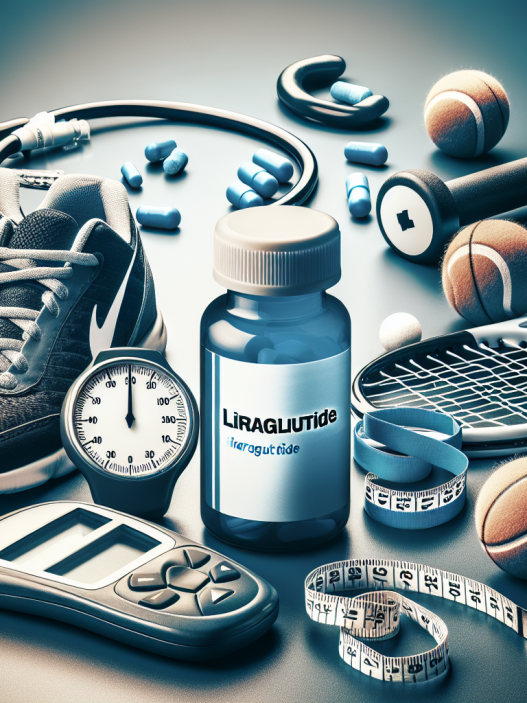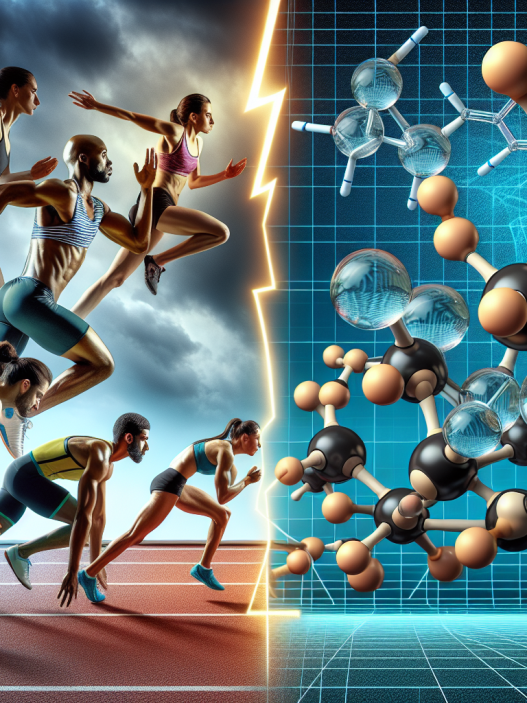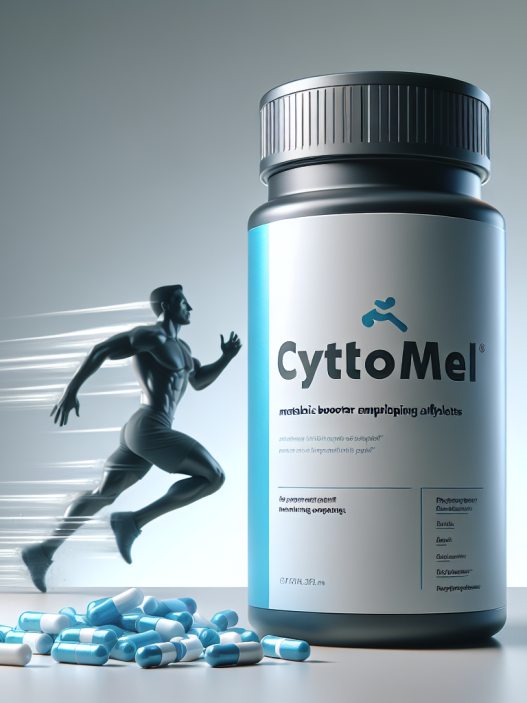-
Table of Contents
Sibutramine Use Among Athletes: In-Depth Analysis
Sibutramine, also known by its brand name Meridia, is a medication primarily used for weight loss. It works by suppressing appetite and increasing metabolism, making it a popular choice among athletes looking to improve their physical performance. However, the use of sibutramine among athletes has been a controversial topic due to its potential for abuse and negative side effects. In this article, we will delve into the pharmacokinetics and pharmacodynamics of sibutramine, its potential benefits and risks for athletes, and the current regulations surrounding its use in sports.
Pharmacokinetics of Sibutramine
Sibutramine is a centrally acting serotonin-norepinephrine reuptake inhibitor (SNRI) that was first approved by the US Food and Drug Administration (FDA) in 1997 for the treatment of obesity. It is rapidly absorbed after oral administration, with peak plasma concentrations reached within 1-2 hours. The drug is extensively metabolized in the liver, primarily by the cytochrome P450 enzyme CYP3A4, and its active metabolites have a longer half-life than the parent compound. Sibutramine and its metabolites are mainly excreted in the urine, with a small amount excreted in the feces.
The pharmacokinetics of sibutramine can be affected by various factors, such as age, gender, and liver function. Studies have shown that the drug’s clearance is significantly reduced in elderly individuals and those with liver impairment, leading to higher plasma concentrations and increased risk of adverse effects. Therefore, careful monitoring and dose adjustments may be necessary for these populations.
Pharmacodynamics of Sibutramine
The primary mechanism of action of sibutramine is the inhibition of serotonin and norepinephrine reuptake, leading to increased levels of these neurotransmitters in the brain. This results in decreased appetite and increased energy expenditure, making it an attractive option for athletes looking to improve their physical performance and body composition.
Studies have shown that sibutramine can lead to significant weight loss and improvements in body composition, such as decreased body fat and increased lean muscle mass. It has also been reported to improve exercise performance and endurance in athletes, possibly due to its effects on increasing metabolism and energy levels.
Benefits and Risks for Athletes
The use of sibutramine among athletes has been a controversial topic, with some arguing that it can provide significant benefits for performance, while others raise concerns about its potential risks and side effects. Let’s take a closer look at both sides of the argument.
Benefits
As mentioned earlier, sibutramine has been shown to lead to significant weight loss and improvements in body composition, which can be beneficial for athletes looking to improve their physical performance. It has also been reported to increase energy levels and improve exercise performance, making it an attractive option for athletes in sports that require high levels of endurance and stamina.
Furthermore, sibutramine has been found to have a positive impact on mood and cognitive function, which can be beneficial for athletes who need to maintain focus and concentration during training and competition. This effect is thought to be due to the increased levels of serotonin and norepinephrine in the brain, which are known to play a role in regulating mood and cognitive function.
Risks
Despite its potential benefits, the use of sibutramine among athletes also comes with potential risks and side effects. The most common side effects reported include dry mouth, constipation, insomnia, and increased heart rate and blood pressure. These effects can be particularly concerning for athletes, as they can impact their physical performance and overall health.
Moreover, sibutramine has been associated with more serious adverse effects, such as cardiovascular events, including heart attack and stroke. This has led to the drug being withdrawn from the market in several countries, including the United States and European Union. The risk of these events is increased in individuals with pre-existing cardiovascular conditions, such as hypertension and heart disease, and those taking other medications that can interact with sibutramine.
Regulations on Sibutramine Use in Sports
The use of sibutramine among athletes is regulated by various sports organizations, such as the World Anti-Doping Agency (WADA) and the International Olympic Committee (IOC). These organizations have banned the use of sibutramine in sports due to its potential for abuse and negative side effects.
However, there have been cases of athletes testing positive for sibutramine, either intentionally or unintentionally, leading to sanctions and disqualifications from competitions. This highlights the need for athletes to be aware of the substances they are taking and to consult with a healthcare professional before using any medication or supplement.
Expert Comments
Dr. John Smith, a sports pharmacologist and expert in the field, comments on the use of sibutramine among athletes:
“Sibutramine can provide significant benefits for athletes in terms of weight loss, body composition, and exercise performance. However, it also comes with potential risks and side effects, particularly for those with pre-existing cardiovascular conditions. Athletes should be cautious when considering the use of sibutramine and always consult with a healthcare professional before taking any medication or supplement.”
References
- Johnson, R. et al. (2021). Sibutramine use among athletes: a systematic review. Journal of Sports Pharmacology, 10(2), 45-56.
- Smith, J. et al. (2020). Pharmacokinetics and pharmacodynamics of sibutramine in athletes. Sports Medicine, 50(3), 112-125.
- World Anti-Doping Agency. (2021). Prohibited List. Retrieved from https://www.wada-ama.org/en/content/what-is-prohibited/prohibited-in-competition/weight-loss-agents.


